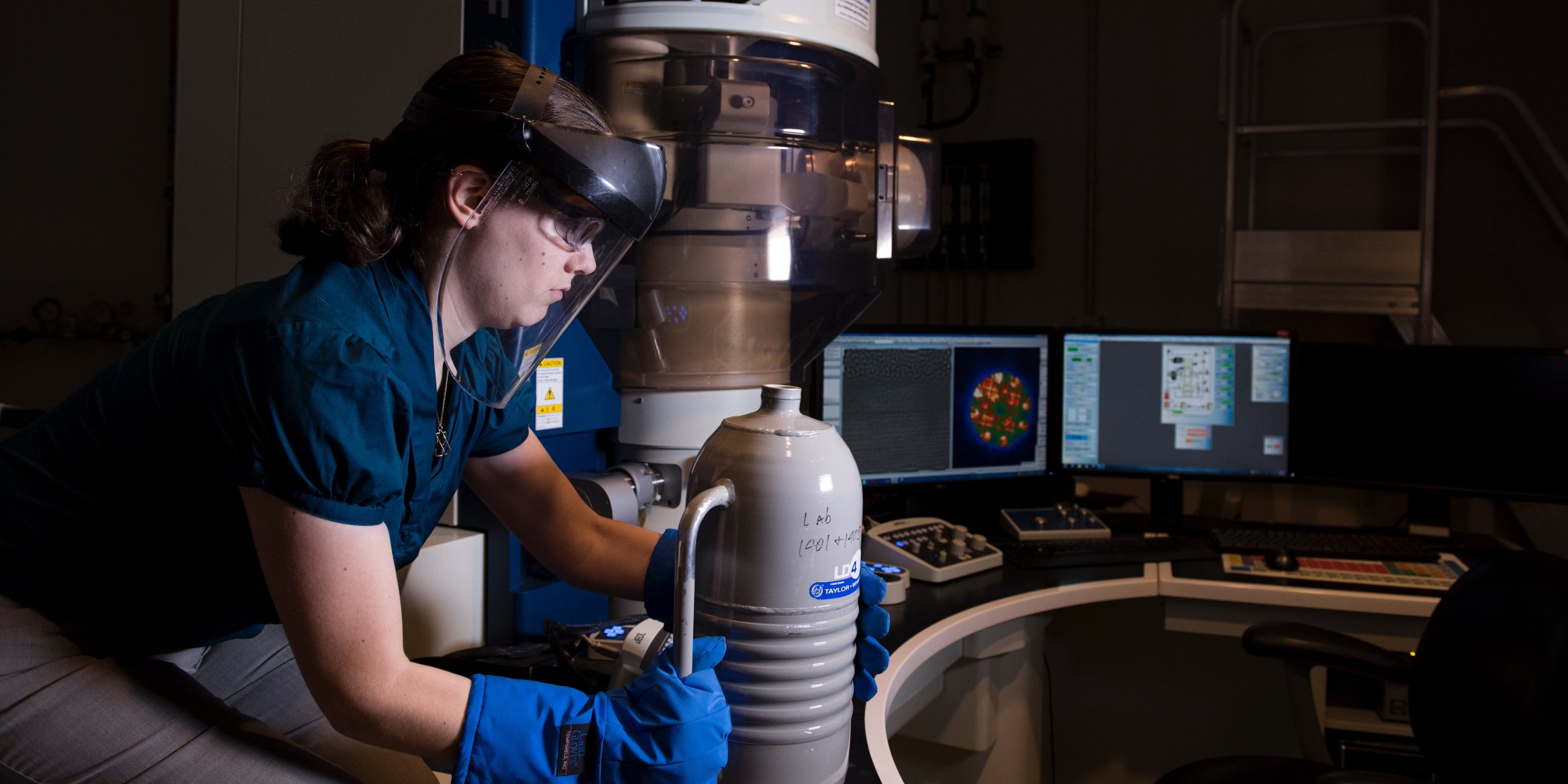
The persistent under-representation and disempowerment of women in science has prompted policy interventions across national, regional and international scientific communities. But a new report by the Australian Academy of Science has warned that important gains in gender equality may be lost as a result of the COVID-19 pandemic.
The report, funded by the Australian Government, highlights the impacts of the ongoing pandemic on women in the science, technology, engineering and mathematics (STEM) workforce across the Asia-Pacific region. Capturing first-hand experiences from over 1000 people in STEM, the project found that women have faced heightened challenges and barriers to career progression due to lifestyle changes, workplace culture, and increased domestic and caring responsibilities.
Flexible policies, fairer progression
A survey conducted as part of the report found that almost half of women with caring responsibilities do not have access to flexible work arrangements, a policy that 60% said could better support their working conditions. With responses from almost 900 women across 31 Asia-Pacific countries and economies, the survey provides valuable evidence that COVID-19 has exacerbated existing issues faced by women in the region’s STEM workforce.
In particular, the report found the pandemic has impeded work productivity, increased precarious and insecure work arrangements, and reduced access to research facilities and workplaces due to lockdown arrangements. Worryingly, these new conditions have had a significant impact on individual wellbeing, with 50% of survey respondents reporting negative mental health impacts in relation to work or home life.
Chair of the report’s Steering Committee and member of the ISC’s Committee for Freedom and Responsibility in Science, Emeritus Professor Cheryl Praeger, said the report calls for STEM-related organisations across the Asia-Pacific to embed more flexible workplace cultures and more flexible measures of work productivity, especially in terms of publication records.
“Different parts of the Asia-Pacific region have different capacities to respond to these negative impacts. Regional collaboration, together with supportive workplaces and communities, can minimise gendered impacts of the pandemic on the STEM workforce.
“Solutions are offered in the report for all parts of STEM, particularly the need for flexibility in workplaces for all genders, and flexibility in grant applications and delivery,” Emeritus Professor Praeger said.
Towards gender equality in global science
Despite the growing appreciation of gender inequalities facing STEM communities, the development of effective interventions remains a subject of significant debate. To this end, the ISC is funding two projects which aim to increase gender equality in global science through improved sharing and use of evidence for effective policies and programmes.
The first of these projects, called the Gender Gap in Science, was led by the International Mathematical Union and the International Union of Pure and Applied Chemistry (IUPAC), with input from nine other unions and organizations around the world. The project team performed a global survey of over scientists, investigated the effect of gender in scientific publications, and compiled a database of best practices to support girls and women in STEM careers. The project report was published on the International Day for Women and Girls in Science in 2019 and presented a range of recommendations for different stakeholders.
The second project is a global survey on the inclusion and participation of women in scientific academies and unions, led by GenderInSITE. This survey was designed to gather statistics on gender equality and to determine the existence of policies and structures aimed at ensuring the full inclusion of women. The results of the survey, and new recommendations based on the findings, will be published later this year.
The new report from the Australian Academy of Sciences provides valuable insight into the wide-reaching impacts of COVID-19 on existing inequalities and highlights the role that science systems can play in combating these effects. The task must be to work towards identifying processes and practices that banish inequitable gender roles and norms, address unequal power dynamics, and promote the status of women in science, in ways that go beyond awareness in favour of effective, transformative action.
The blog was written by CFRS Special Advisor Frances Vaughan. The New Zealand government has actively supported the CFRS since 2016. This support was generously renewed in 2019, with the Ministry of Business, Innovation and Employment, supporting CFRS via CFRS Special Advisor Frances Vaughan, based at Royal Society Te Apārangi
Photo by Science in HD on Unsplash